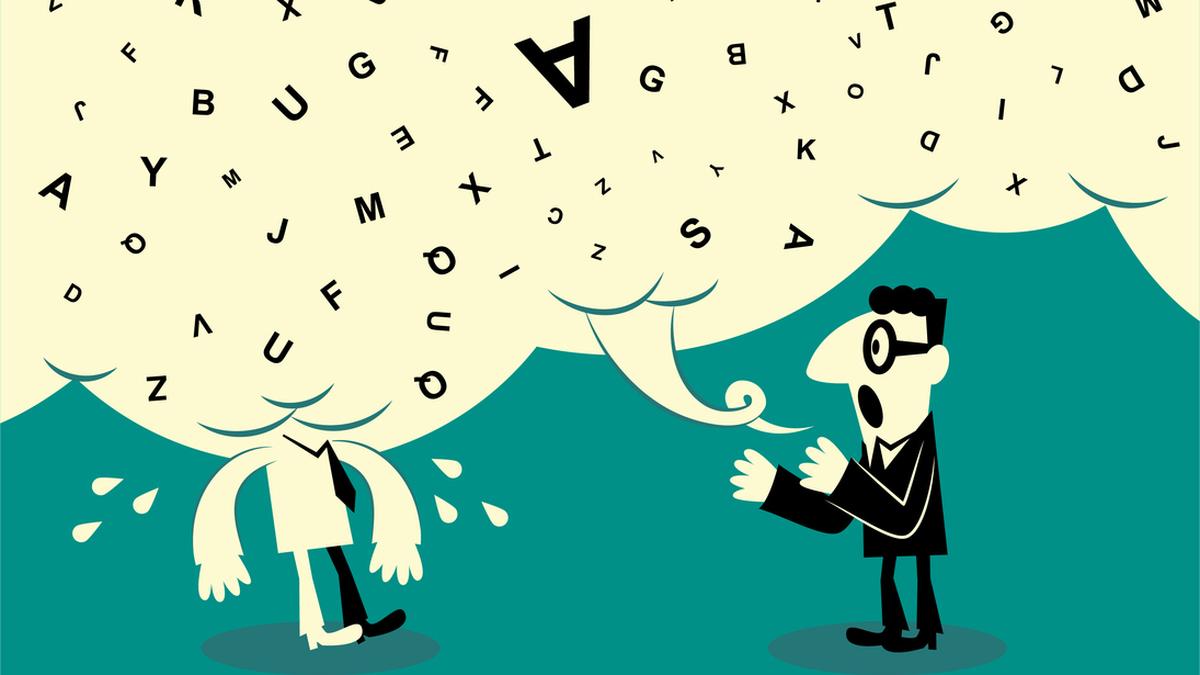Dear reader, have you been enjoying the cricket lately? The Indian cricket team has been delivering some very interesting results, no? Such a wealth of talent in Indian cricket if you ask me.
Actually, I have no idea if there is any cricket going on. Or if the team is doing well. And I have no idea who is even playing in the cricket team these days. There used to be one Ravikumaran Ashokan or something. I don’t know. I think he was a right arm spin medium classic fit linen blend.
But in fact you can safely say things like “Cricket is so interesting”, “so much talent is there” et cetera whenever you want because at any given moment in time, some unbelievable amount of cricket is happening. India is in England, Sri Lanka is in Pakistan, Ireland is touring South Guyana or something.
However, I have completely stopped watching cricket because of one simple phenomenon: borecasters.
Borecasting? What is this new addition to the English language you ask? Let me explain.
Surprise, surprise
Do you remember in 2007, when Yuvraj Singh hit English bowler Stuart Broad for six sixes in a single over? Many people in Delhi have still not stopped shouting to this day.
Well, I was sitting next to a college friend in a restaurant in Mumbai when this happened. And do you know what he said less than two minutes later? The words he said are permanently imprinted on my mind like the luggage sticker on your passport that has been there since 1987.
He said: “I knew this was going to happen. I am not surprised.”
Excuse me but STRING OF ABUSES IN VARIOUS LANGUAGES REMOVED FROM COLUMN.
Friends, this is what I mean by borecasting. It is a particular class of human being who will insist that they had perfectly predicted any fantastical thing that has happened anywhere. And will behave totally unsurprised.
Maybe one day when you are in office, you accidentally drop coffee on your keyboard and while trying to clean the keyboard before manager notices, you accidentally drop the keyboard on the floor, and then your office chair rolls over the keyboard, and accidentally sends a message to Sam Altman on LinkedIn who immediately hires you as CEO of OpenAI.
Your colleague sitting next to you, who has a Ph.D in borecasting from IIM Bore-ikode, will say, “Machaan, this and all I knew last week itself. I was surprised it took so long. Congratulations.”
Why are some people like this?
These people are everywhere
Okay, fine. Mostly you can avoid these fellows. But then suddenly, out of nowhere, some election will happen somewhere in India. For instance, let us take the case of the elections in Delhi.
Your local borecasting expert — uncle, auntie, friend, colleague — who has not mentioned Delhi elections once in the last two or three years will suddenly emerge and absolutely annihilate your peace of mind. Two days ago if you’d asked them who is the Chief Minister of Delhi, they’d have said something like, “Is it Mr. Pragati Maidan?”
But today they will sit in front of the TV and unleash absolute and utter shenanigans. They will say, “Sidin, I told you last week itself that BJP will win between 47 and 49 seats. And look, they won 48. Do you remember when I said that?”
Sidin does not reply at all because he is wondering if Onida TV remote control can be used as a weapon.
In fact, friends, this borecaster made no such prediction, did not even know how many seats there were in Delhi Assembly, and probably heard of the elections for the first time that morning when they switched on the TV.
But for millions of Indians who live amongst us, often disguised as normal people, the innate need to borecast is irresistible. They cannot help but pick up the newspaper each morning, turn the pages, and then say loudly to everyone nearby: “Knew it. I told you. I am not surprised. Was bound to happen. I could have told you last week.” Et cetera. Et cetera. No incident, however unlikely, anywhere in the world, is something they did not foresee coming.
However what happens if you ask them their predictions about something before it happens?
Ho ho ho. Then they will put terms and conditions as if they are some mutual fund: “Actually in my opinion we should approach this delicate situation with a certain amount of balance and introspection, there are many variables at play, but I do have some conjectures, however it would be premature to share these musings in this current moment.”
Thank you, sir. Please leave some English for other people also.
Example sentence: “As the match ended in 15 minutes with an unprecedented triple hat-trick by Umpire Noam Chomsky, James, the office borecaster, emerged from his cubicle to announce that ‘cricket is too predictable, why is it so boring?’”
Borecasters are everywhere. They live among us. Beware. Have you suffered at the hands of these borecasters? Please leave comments.
Borecaster
/bɔːkɑːstər/
noun
Plural: borecasters
Definition: A person who claims to have predicted significant events only after they occur, while remaining deliberately vague about future predictions. Distinguished by their frequent use of phrases like “I knew it” and “I’m not surprised” after unexpected events.
The writer is head of talent at Clarisights. He lives in London and is currently working on a new novel.
Published – February 14, 2025 11:05 am IST
